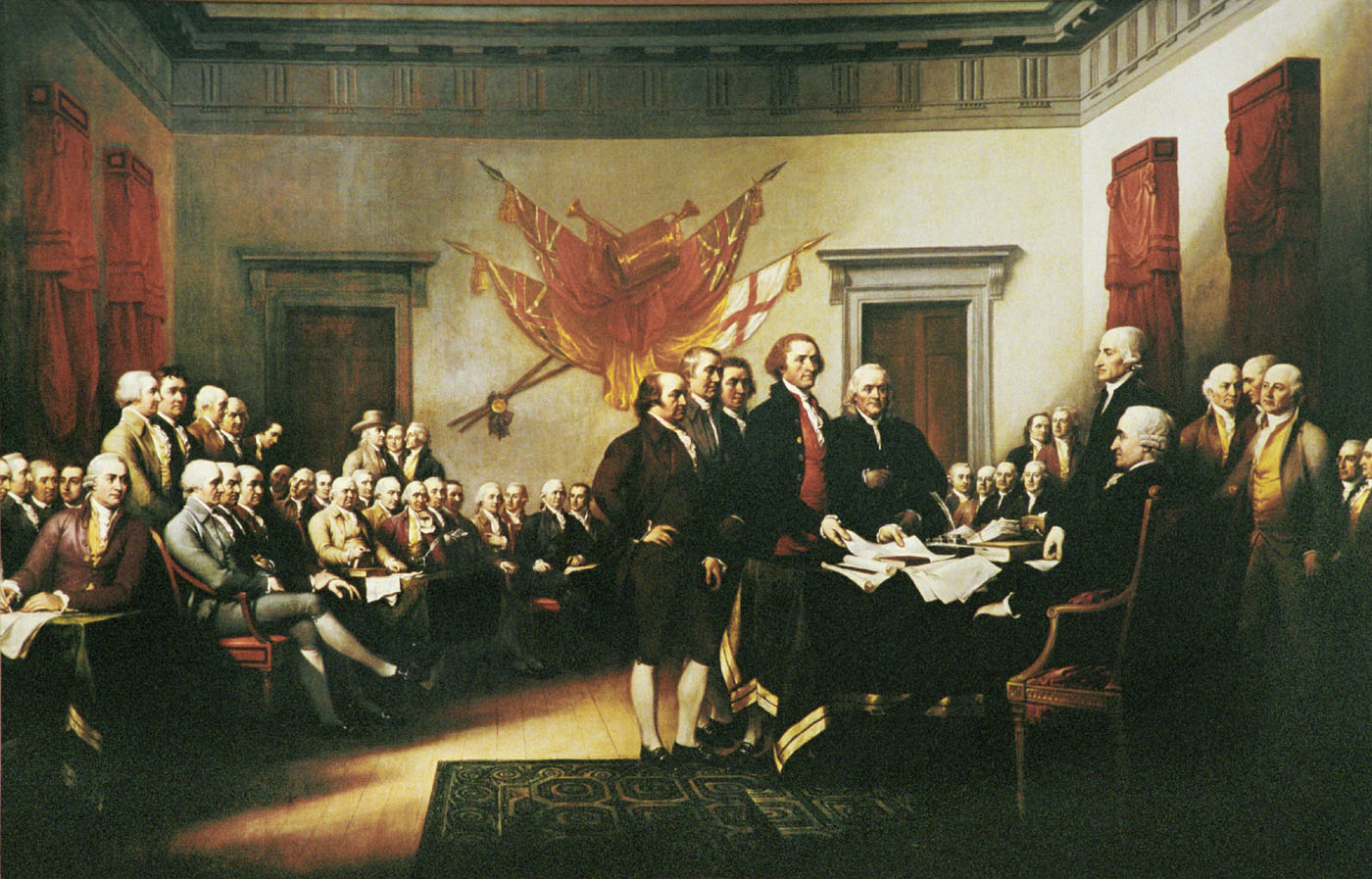 It’s Independence Day in the United States, and Will Wilkinson is attacking patriotism. I’ve not read the book he mentions here, but just a quick reading of what patriotism meant for 18th Century liberals points out a glaring problem. What Wilkinson claims as Kateb’s criticism of “patriotism”, that it’s particularistic and emotional, is the opposite of what Enlightenment thinkers valued as patriotic. It would seem, that an 18th Century liberal would agree with the cause of Kateb’s criticism, and offer patriotism as the solution.
It’s Independence Day in the United States, and Will Wilkinson is attacking patriotism. I’ve not read the book he mentions here, but just a quick reading of what patriotism meant for 18th Century liberals points out a glaring problem. What Wilkinson claims as Kateb’s criticism of “patriotism”, that it’s particularistic and emotional, is the opposite of what Enlightenment thinkers valued as patriotic. It would seem, that an 18th Century liberal would agree with the cause of Kateb’s criticism, and offer patriotism as the solution.
During the 18th century Age of Enlightenment, the notion of patriotism continued to be separate from the notion of nationalism. Instead, patriotism was defined as devotion to humanity and beneficence. For example, providing charity, criticizing slavery, and denouncing excessive penal laws were all considered patriotic. In both ancient and modern visions of patriotism, individual responsibility to fellow citizens is an inherent component of patriotism.
Patriotism is not nationalism. And then, on the scaffold of Wilkinson’s Kateb-induced confusion, Jonah Goldberg hoists Peter Viereck’s “trans-tolerance“. By that time the whole debate has crossed over so many interest groups and contemporary political developments, like NAFTA and the European Union, that any hope of recovering the meaning of patriotism is impossible.
But, before Goldberg and Wilkinson had confused political philosophy into tiny knots, contingency d personal experience had to take precedence for me. My wife is South Korean. I cannot be nationalistic without being a hypocrite. I don’t believe “my country” is infallible. I cannot love a place where the two of us are not welcome. Regardless of the paperwork I have to sign and keep, to live legally with my wife, we are both together neither American nor South Korean. We might be ethnically Korean or a Marylander by birth. I’m not sure what we are, though, in our heads and hearts.
Yet, Martha Nussbaum’s ideal cosmopolitan love, that “puts right before country, and universal reason before the symbols of national belonging”, feels entirely vapid. Diogenes lived in the street. Perhaps, the human species might evolve into another species in the distant future, but it doesn’t help my wife and me now. My wife and I are a messy compromise of sentiment, interest, and fantasy. I’m never quite sure what the neighbors think of us. And, I wouldn’t wish our existence on my worst enemy. I didn’t marry my wife because I was looking for the easy life. And, I doubt contingency will allow any person the luxury of declaring independence from paperwork, prejudice, and fortune. I expect some future Wilkinson will garble the same terms in this same debate centuries from now. I won’t place any bets on that poor creature’s moral or physical condition.
As a postscript, let me share my opinion of the Declaration of Independence – and Hutchinson’s Strictures – here and here. I’ve always thought Thomas Jefferson was a hypocrite who advocated Federal frugality, to keep open his own private lines of credit. If I had witnessed the American revolution, and with hindsight as a guide, I believe I would have emigrated to France, to see if Napoleon could have done better.

Powered by ScribeFire.
Filed under: bhtv, History, Podcasts, Politics, Spleen, USA Tagged: declaration of independence, fourth of july, napoleon bonaparte, nationalism, patriotism, thomas jefferson, will wilkinson



Recent comments